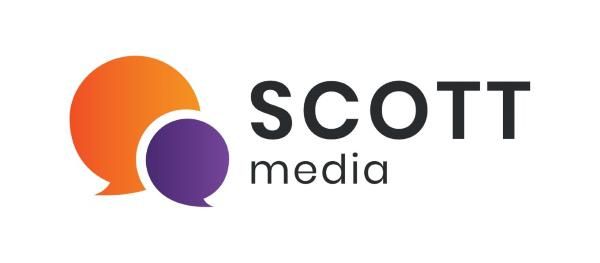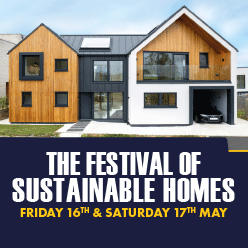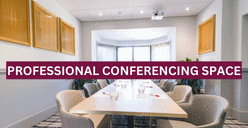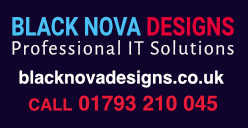Paralympian highlights the value of team members with disabilities
Louise Hunt Skelley PLY, the former British wheelchair tennis player, is joining forces with HR expert Rachel Weaven to deliver an inclusivity workshop to highlight the benefits of hiring staff with disabilities.
Inclusivity has been high on every company’s agenda recently. However, as a hugely evolving area, it’s not always easy for businesses to be sure about the reasonable adjustments that need to be made to make their environments more inclusive for both their staff and customers.
Louise says there is also misunderstanding around what’s required.
“Businesses often assume that making changes will be time-consuming and expensive. This just isn’t the case,” she says. “Often it’s really small changes that don’t cost anything or have a minimal cost that make the most difference.”
Louise says she regularly encounters examples of businesses who want to be inclusive and accessible but haven’t consulted with those most affected, meaning that basic adjustments get missed.
The workshop is designed to educate and inform around this in an open and accepting way.
“We want to get across that there are no stupid questions,” she says. “What matters is that businesses are open to learning from our experiences so that everyone can be included in what they have to offer.”
She recalls an example of a hotel room she stayed in which was marketed as being accessible. Although the doors were wide enough for her wheelchair, she was unable to close the curtains because of a desk that was positioned in front of the window. A mirror was fixed to the inside of the wardrobe door which made it impossible for Louise to use because there wasn’t sufficient space for the door to be open with the wheelchair in the right position. And the toiletries being fixed to the wall in the shower meant that, seated, Louise was unable to reach them. She could take a shower without using any shower gel or shampoo.
“These things were not difficult to solve,” she says, “and when I pointed them out to staff, they immediately understood and couldn’t believe they hadn’t thought of them before. The fact is, if they’d consulted a disabled member of staff before labelling the room as accessible, these points would have been addressed from the start.”
Louise is clear that the workshop is not about pointing the finger at businesses and criticising their inclusivity efforts.
“We want it to be a safe space, an environment where people can ask questions that they may normally be afraid of or discuss concerns around these areas. The hotel staff, for example, were really helpful and very open to making changes once the issues were pointed out to them. It’s this outcome that really matters.”
Rachel Weaven, of face2face HR in Swindon, will bring her years of HR expertise to the workshop. Rachel is passionate about making learning in this field more open and progressive.
“I like to take a proactive approach to inclusivity, focusing on more than the legislation,” she says. “I really want to promote the benefits of inclusivity in a fun and engaging way. When I was introduced to Louise, we started talking about inclusivity and we just immediately clicked. Running this workshop was the obvious next step.”
Both Louise and Rachel feel strongly that many employers are hesitant to employ people with protected characteristics or disabilities because of concerns around their ability to support them, but that once they are armed with more knowledge, this will change.
Louise uses the example of a colleague who is autistic and was struggling to manage their workload.
“The problem was a feeling of being overwhelmed,” she says. “As soon as he was given tasks to complete one at a time, rather than an entire list at the beginning of each day, not only did the problem disappear, his productivity went through the roof and he was able to complete more because he wasn’t feeling overwhelmed. He became an incredible asset because his ability to concentrate for long periods of time was greater than most other employees.”
Employees who have previously been discriminated against on the basis of sex, religion or disability, often make the most loyal employees when reasonable adjustments are made to accommodate them, say Louise and Rachel, and there are broader, ongoing benefits to everyone in making a workforce inclusive in this way.
“Being inclusive isn’t about making things more accessible for disabled people. It’s about making things accessible for everyone,” says Louise. “Any company or person in a role who cares about their workforce and wants to make sure they are getting the best out of them should sign up for this workshop. Similarly, anyone who wants to make their environment more inclusive but isn’t sure how to do that would also benefit from coming along.”
The workshop will take place at Cotswold Park Barns in Woodmancote on Wednesday September 20th. Booking is here: https://www.tickettailor.com/events/face2facehrswindon/985188






















